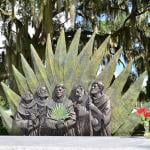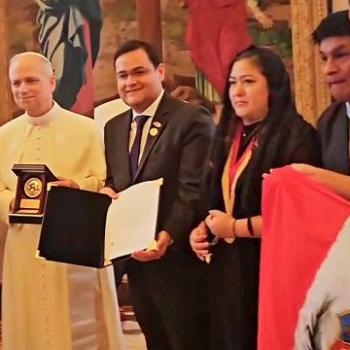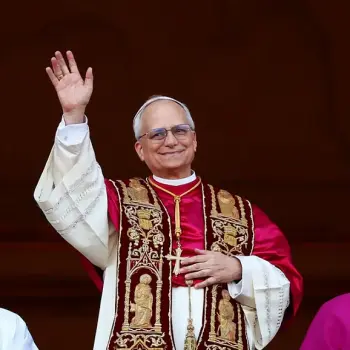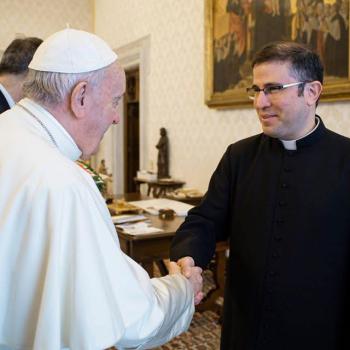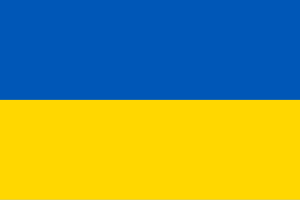
The answer to the question might be found in the words of the Ukrainian National Anthem. When I taught English at the Ukrainian Catholic University in southwestern Ukraine in the foothills of the Carpathian Mountains, every single day began with the singing of the National Anthem. All the students and teachers lined up in front of the flag by the dining room, and everyone sang loudly and proudly. We the teachers, mostly from the United States, sang along.
Here are the words:
Ukraine’s glory hasn’t perished, nor her freedom
Upon us, fellow compatriots, fate shall smile once more.
Our enemies will vanish, like dew in the morning sun,
And we too shall rule, brothers, in a free land of our own.
We’ll lay down our souls and bodies to attain our freedom,
And we’ll show that we, brothers, are of the Kozak nation.
World leaders may have plentiful reasons for supporting or not supporting the Ukrainian cause, and some may use the Ukrainian cause for their own domestic agendas, but one thing is clear, the Ukrainian people fight because their history has been one of defending their sovereignty from surrounding powers. Ukraine is a bridge for many cultures and peoples, greatly influenced from all sides. Ukraine has fought and continues to fight to retain its own identity. Considering the words of the National Anthem, no wonder Ukrainians continue to fight with strength and perseverance. This is the spirit instilled in the people from a young age.
“Ukraine’s glory hasn’t perished, nor her freedom.”
“We too shall rule in a free land of our own.”
Ukrainians fight for the cause of freedom and self-determination.
On the eve of the third anniversary of Russia’s invasion of Ukraine, Pope Francis commented from his hospital room, “Tomorrow will be the third anniversary of the large-scale war against Ukraine: a painful and shameful occasion for the whole of humanity! As I reiterate my closeness to the suffering Ukrainian people, I invite you to remember the victims of all armed conflicts, and to pray for the gift of peace in Palestine, Israel, and throughout the Middle East, Myanmar, Kivu, and Sudan.”


